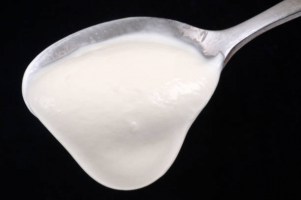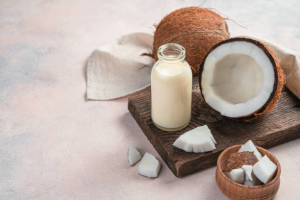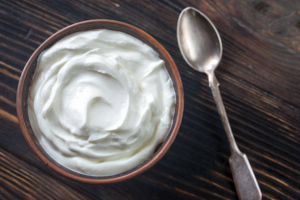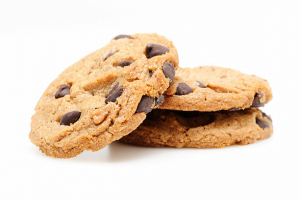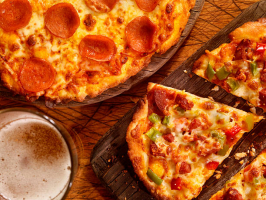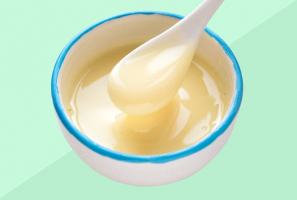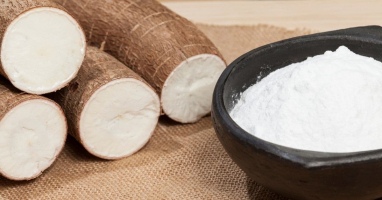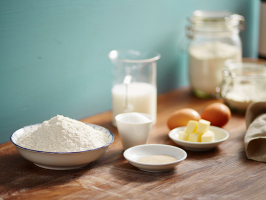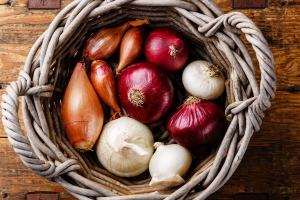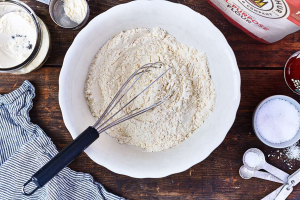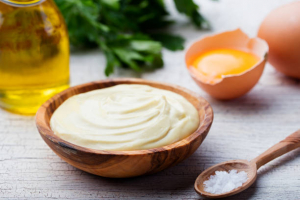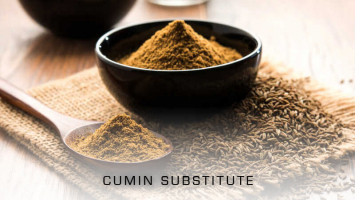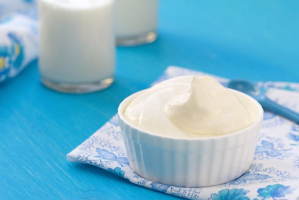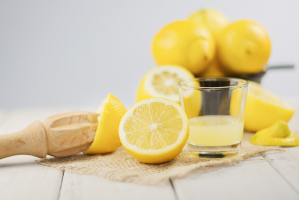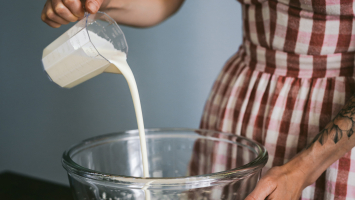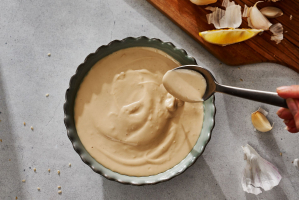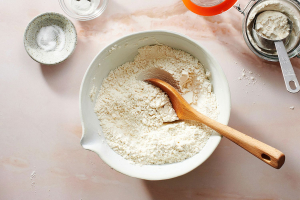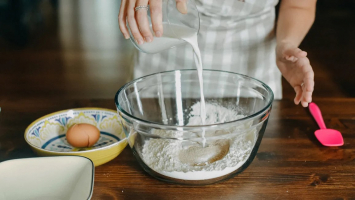Top 6 Best Substitutes for Lard
Lard is a semisolid fat that is commonly used in baking and cooking to impart a rich taste and creamy texture to meals. However, it is heavy in saturated fat ... read more...and produced from pork, which some people avoid eating for religious or nutritional reasons. Fortunately, there are several nutritious alternatives to lard that may be used in almost any dish. Here are the greatest lard replacements.
-
Because of its numerous similarities, butter is an ideal alternative for lard. It is manufactured by churning cow's milk and accounts for around one-third of the world's milk supply. Butter, like lard, has saturated fats, a lot of calories, and a lot of vitamins. From spreading on toast to frying chicken, butter may be used in any fat dish. Butter may also be used in baking, grilling, and roasting.
Because of its availability, it is also an excellent alternative for lard. You may run out of lard, but chances are you have some butter on hand. It's also easy to find in the grocery store. Butter does not store as well as lard and may only last three months in the refrigerator. It may, however, be frozen for up to a year. Because butter has less fat than lard, you may need to use a little more to get the same results. 1 1/4 cup (284 grams) of butter should be used for each cup (205 grams) of lard. If you're watching your weight, make sure to use unsalted butter whenever feasible in your recipes.
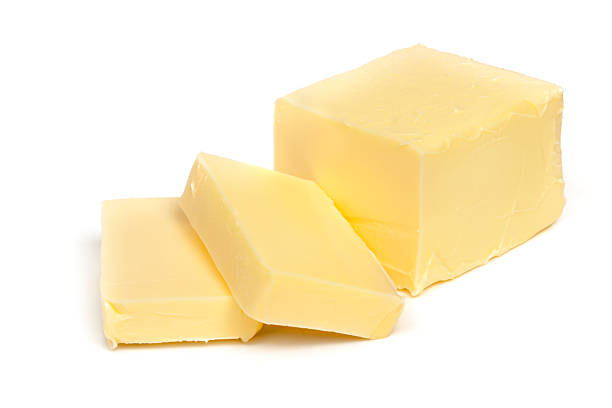
Butter 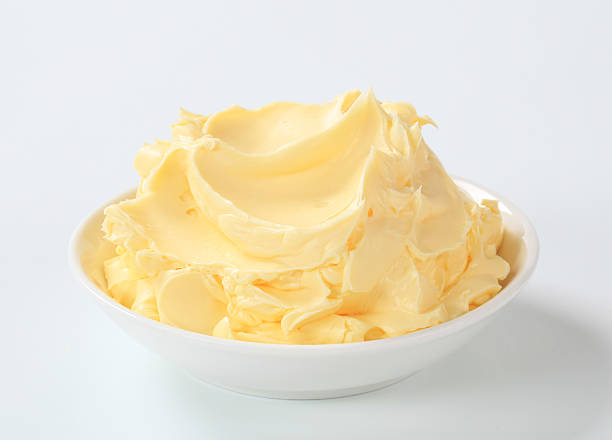
Butter -
Vegetable oils are frequently used in baking and cooking. These oils are popular among chefs and pastry chefs due to their high smoke point, which is the temperature at which an oil begins to burn and smoke. This also makes vegetable oils an excellent substitute for lard when utilizing high-heat cooking methods such as frying, grilling, and sautéing. In your favorite recipes, substitute 7/8 cup (191 mL) vegetable oil for each cup (205 g) of lard.
Keep in mind that using oil instead of lard may result in thicker and less soft baked items such as cookies and cakes. Furthermore, for dishes such as tortillas, combining some water with the oil might assist enhance the texture.
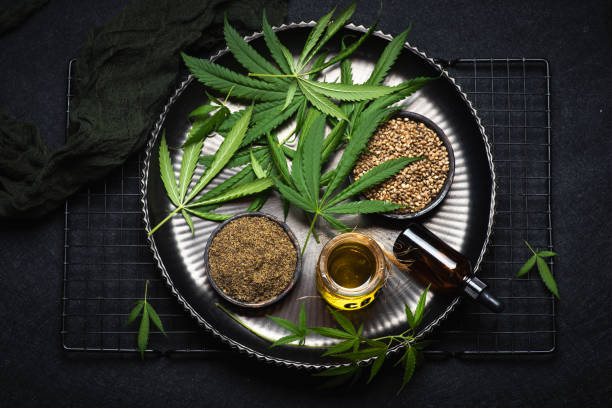
Vegetable oils 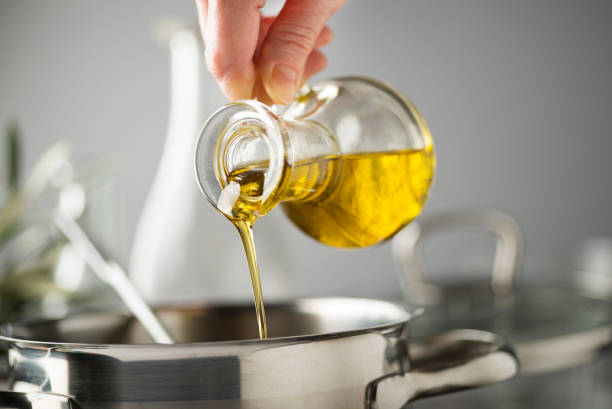
Vegetable oils -
Avocados, with their mild flavor and creamy texture, may increase the fat content and flavor of your favorite recipes. They also include a range of essential elements, including potassium, folate, and vitamins C and K. Avocados are very fantastic in baked products such as cakes, cookies, muffins, and bread.
If your recipe asks for 1 cup (205 g) of lard, use around 1/2 cup (115 g) of mashed avocado, however, you may need to tweak the ratio slightly as required. Remember that substituting avocado for other forms of fat might alter the color, texture, and flavor of the finished product, which may not be optimal for some recipes, such as pie crusts or tortillas.
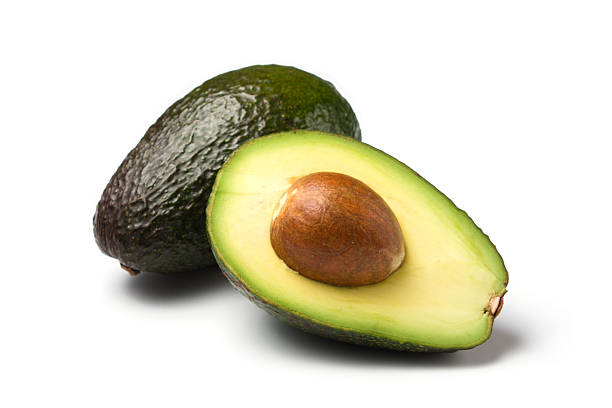
Avocado 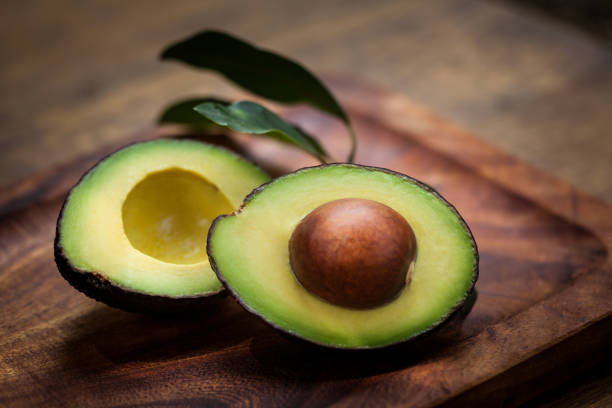
Avocado -
Mash bananas are another vegan and low-calorie option for fat. Banana mash works well in baked foods and adds more nutrients to the dish. Mashed bananas allow you to reduce the calorie level of many dishes while adding extra nutrients. This fruit is particularly abundant in potassium, fiber, and vitamins B6 and C. In baked products such as bread, cakes, and muffins, use 1/2 cup (113 grams) of mashed bananas for each cup (205 grams) of lard.
Keep in mind, however, that mashed bananas will not work well as cooking oil or in savory meals. To compensate for the inherent sweetness of bananas, you may need to alter some of the other components in your recipe.
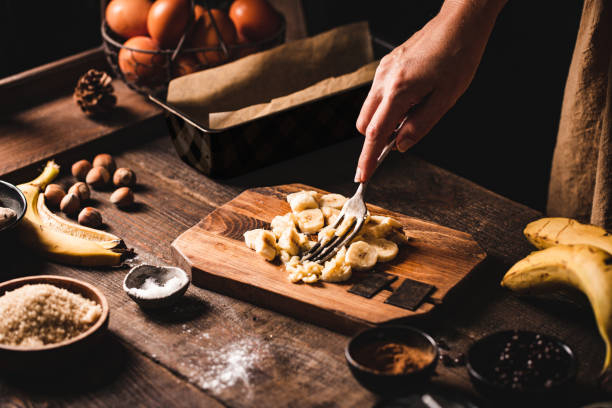
Mashed banana 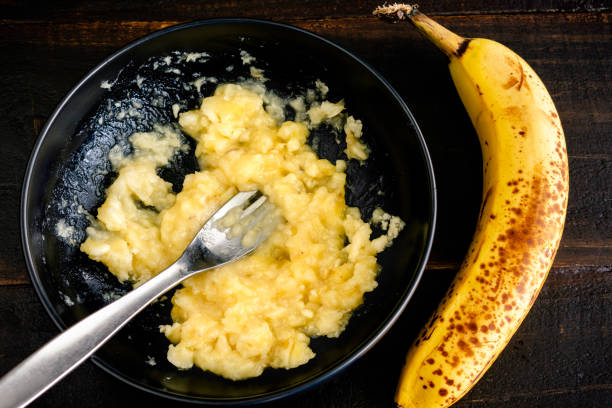
Mashed banana -
If you're seeking a new flavor, coconut oil is the way to go. In most recipes, one cup of coconut oil will substitute for one cup of lard. Coconut oil, like other replacements, has a lot of saturated fat. People frequently ask how they acquire coconut oil because coconuts aren't recognized for being greasy.
The oil is derived from the flesh, kernel, milk, and fruit of the coconut palm. During the process, coconut meat is harvested and dried before being pressed to make coconut oil. Coconut oil may be found in the cooking oil department of most stores. It can live up to two years if properly stored. Many recipes call for equal parts coconut oil and lard, especially for baking, grilling, or pan-frying. Because unrefined coconut oil has a distinct coconut flavor and scent, it may somewhat alter the flavor of certain recipes.
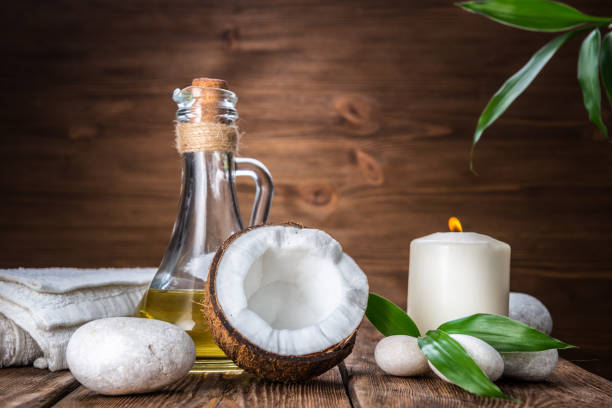
Coconut oil 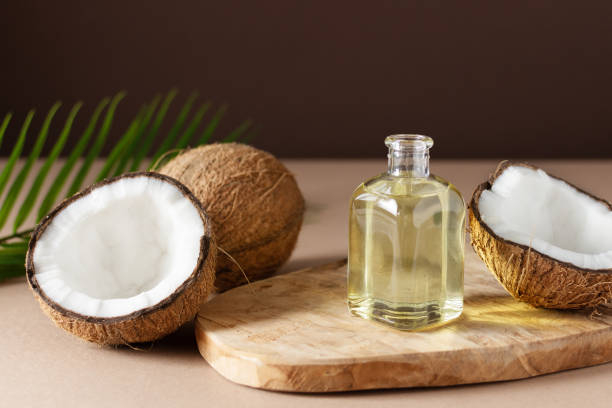
Coconut oil -
With negligible cholesterol, few calories, and tiny levels of iron, olive oil is one of the healthiest cooking oils available. Olive oil, is a kind of vegetable oil, is also good for frying, grilling, roasting, and sautéing. Sadly, it is also inappropriate for spreading on toast.
Olive oil is made by crushing olives and extracting the oil chemically or mechanically. Green olives are preferred for this method since overripe olives might produce sour olive oil. Despite the fact that it is primarily produced in Greece, Italy, and Turkey, olive oil is available worldwide and can be found in most stores. Olive oil may be stored properly for up to two years; extra virgin olive oil may not survive as long.
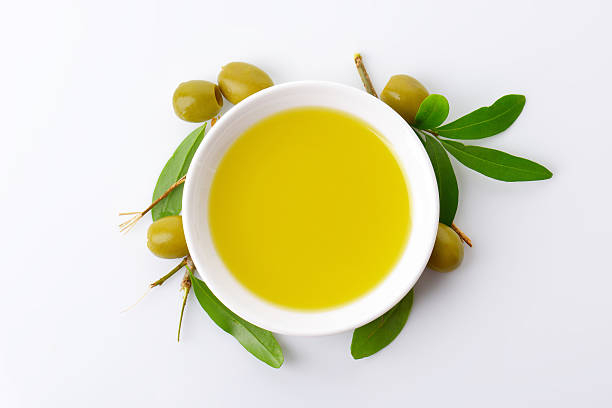
Olive Oil 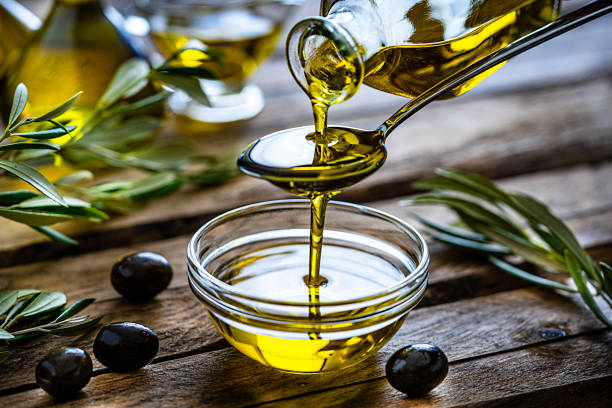
Olive Oil








